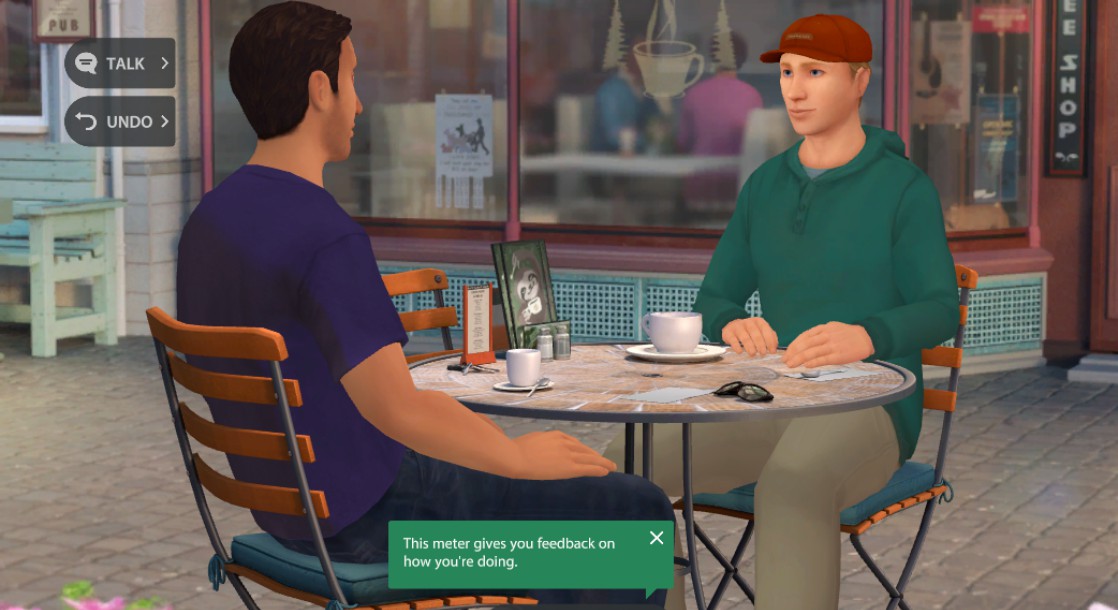In the few short years that Colorado has been collecting tax on recreational cannabis sales, state coffers have already been stuffed with over half a billion dollars in previously criminalized revenue. Those funds have already sent high school grads in Pueblo, CO to college for free, paid the salary of newly hired school nurses across the state, and built new public school infrastructure in struggling rural counties. For their next act of marijuana-fueled public decency, Colorado is going back in time to the turn of the millennium, granting a chunk of the legal weed funds to a local nonprofit and their Sims-style role-playing computer game that helps anyone with an Internet connection learn how to discuss substance abuse issues with loved ones.
According to Westword, the video game, One Degree: Shift the Influence, is the brainchild of Peer Assistance Services, a Denver-based nonprofit organization that has been fighting against drug and alcohol abuse for over three decades.
With One Degree, the group hopes to put users in the role of a friend or family member, presenting role playing situations designed to give useful tips and pointers for people dealing with substance abuse issues in their own lives.
In one scenario, a woman named Donna is using alcohol as a coping mechanism to deal with her recent divorce, while another situation sits players down with Jordan, a young man slipping in school thanks to his frequent partying habits. In both of the conversations, users assume the role of Phil, a concerned cousin or co-worker looking to offer an ear to their struggling friend.
By putting users in the shoes of an untrained helpful hand, instead of a clinical counselor, the game aims to open a conversational door that relatives and friends often feel they are unable, or not trained enough to approach.
"We wanted to build a confidence about bringing up a topic that can be uncomfortable," peer training and consultation manager Carolyn Swenson, said. "It's about helping people find out what can make a conversation like this successful or unsuccessful."
One Degree guides users through a series of questions with the goal of starting a dialogue without passing judgement or going on the offensive, offering a look at what a similar intervention might look like at home. With the country’s opioid epidemic still causing hundreds of overdoses daily, Peer Assistance Services is trying their hardest to make educational tools available to as many people as possible, using information to ideally stop serious problems before they ever start – an approach often set aside for more reactionary programs.
"[Our society] hasn't focused much on prevention and early intervention, and that's cost our country a lot of money when people start to develop serious problems later in life," Swenson said. "We feel like a focus on prevention makes a lot of sense. When you bring these topics up with general health care, it de-stigmatizes the issue."
To push those goals to as wide an audience as possible, Peer Assistance Services used the Colorado cannabis funds and partnered with New York-based Kognito Solutions to make the game available for free to anyone with an Internet accessible mobile device or computer.
You can try out One Degree: Shift the Influence here.











